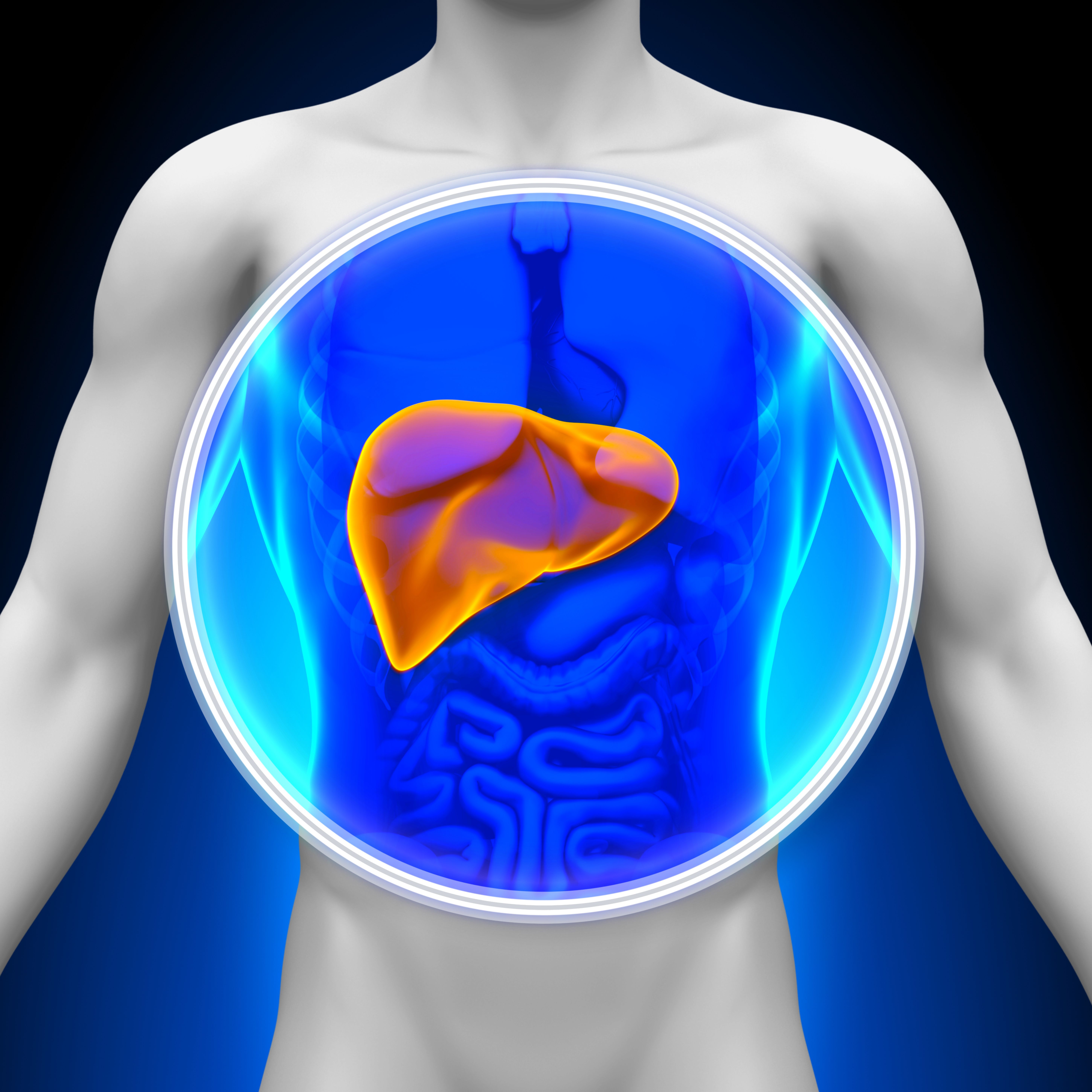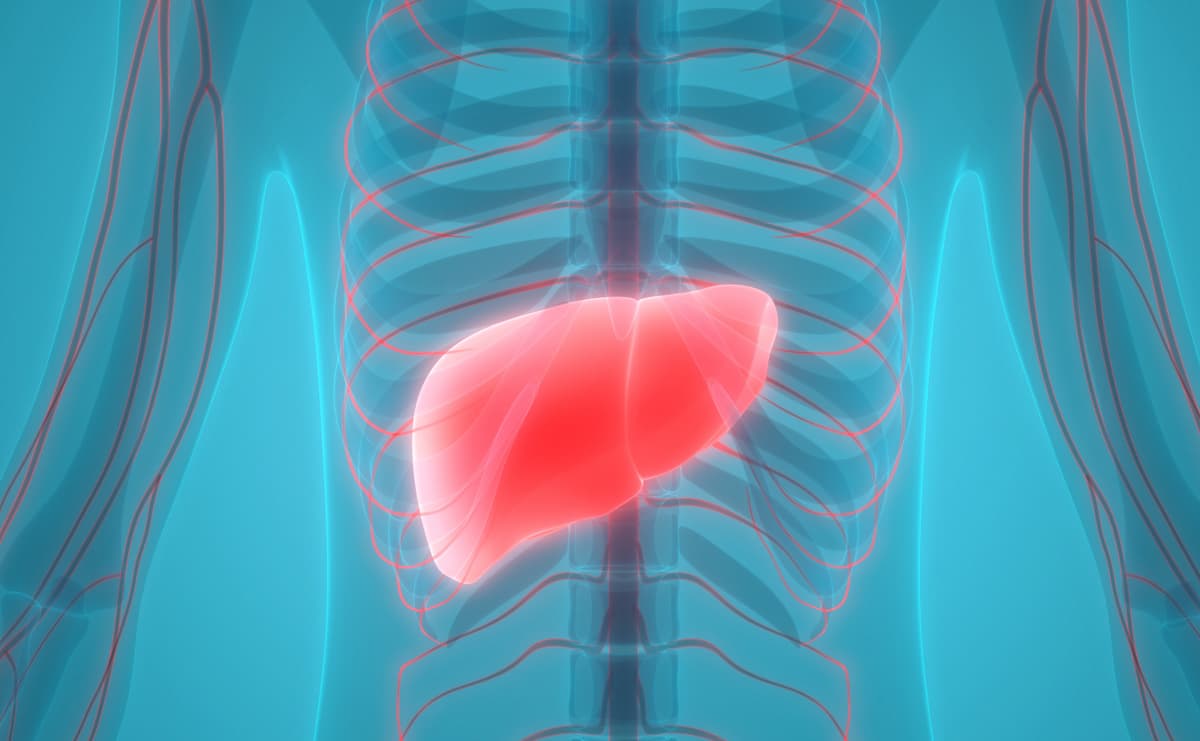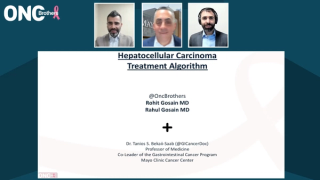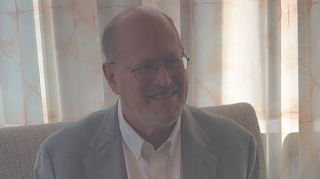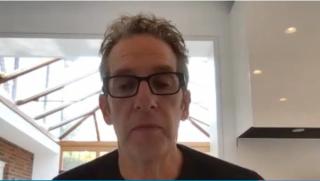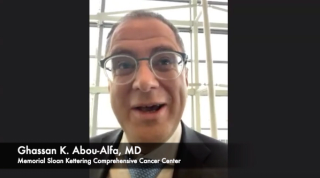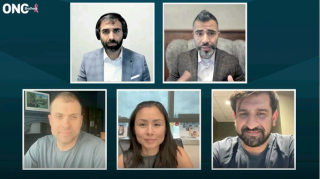
Liver Cancer
Latest News
Video Series

Latest Videos
Shorts
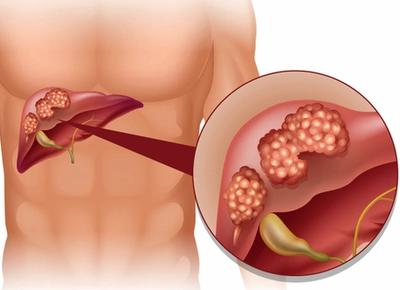
Podcasts
CME Content
More News
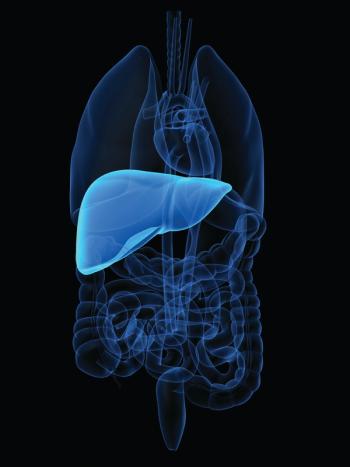
The safety profile of lenvatinib/pembrolizumab plus TACE among patients with unresectable HCC was consistent with previously reported studies.
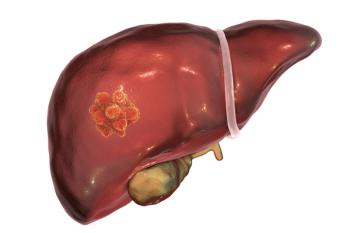
Overall survival data in the IMbrave152/SKYSCRAPER-14 study are not anticipated to show statistical significance.

The addition of dendritic cells to TACE in patients with intermediate-stage HCC did not significantly increase the incidence or severity of AEs.
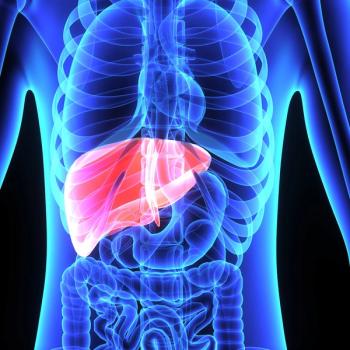
Transarterial chemoembolization plus sorafenib did not significantly improve overall survival in advanced hepatocellular carcinoma vs sorafenib alone.
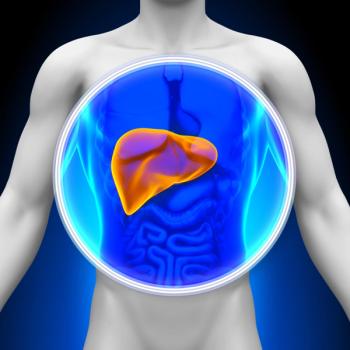
Data from the TALENTACE trial support TACE plus atezolizumab/bevacizumab as an effective option in those with unresectable hepatocellular carcinoma.

HAIC with oxaliplatin and raltitrexed produced a higher response rate vs other systemic therapy agents in patients with advanced hepatocellular carcinoma.

SIR-Sphere Y-90 resin microspheres are the only approved radioembolization treatments in the US for both HCC and mCRC.

Survival benefits were observed across most post-hoc subgroups treated with anlotinib plus penpulimab, particularly among those with high-risk disease features.
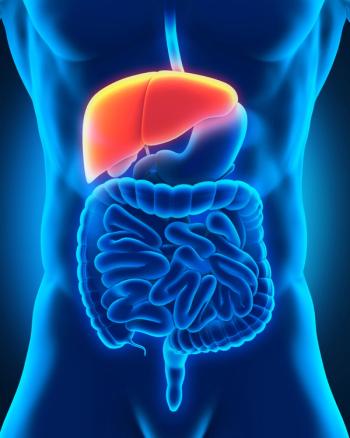
Ten-fraction image-guided hypofractionated radiation therapy could be a feasible treatment option for portal vein tumor thrombosis in patients with HCC.
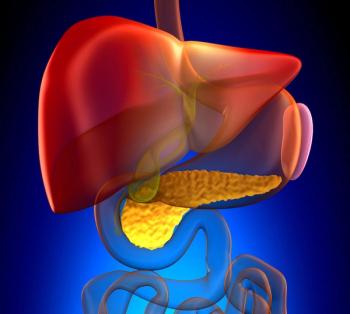
SBRT demonstrated positive 3-year outcomes as a treatment in patients with early-stage HCC based on results from the phase 2 STRSPH trial.
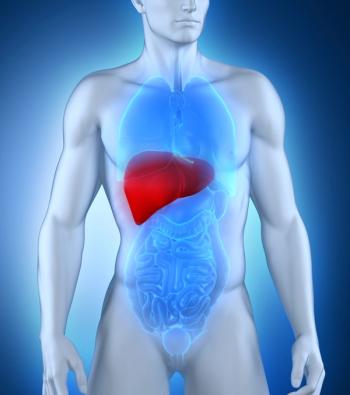
MEV01 trial results show that the test achieved an 86% early-stage sensitivity and 88% specificity in surveillance of HCC among patients with cirrhosis.

Results from the phase 3 CheckMate 9DW trial of nivolumab/ipilimumab vs lenvatinib or sorafenib led to the approval for patients with unresectable or metastatic HCC.

The complete response letter for camrelizumab/rivoceranib for patients with advanced HCC did not specify what deficiencies regulators found.
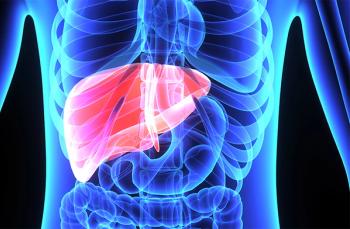
Amezalpat plus atezolizumab and bevacizumab achieved a 6-month increase for OS compared with atezolizumab and bevacizumab alone in patients with HCC.

Findings from the CheckMate 9DW trial support the CHMP’s recommendation for approving nivolumab/ipilimumab for those with unresectable HCC.

Results from a phase 2 trial revealed serplulimab plus HLX04 elicited promising antitumor activity in patients with advanced hepatocellular carcinoma.
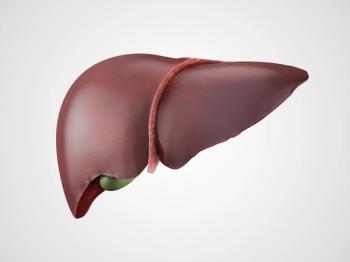
Additionally, data show a trend towards improved overall survival with TACE plus camrelizumab/rivoceranib in the phase 2 CARES-005 study.
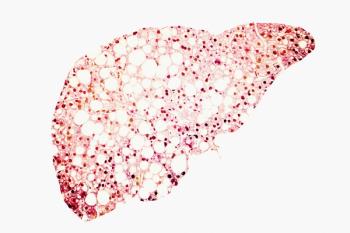
Phase 3 EMERALD-1 trial results reveal that no new adverse events were identified with durvalumab plus bevacizumab in patients with unresectable HCC.
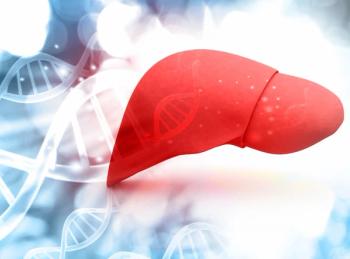
Data from a real-world study further illustrates clinical benefit in patients with cholangiocarcinoma receiving pemigatinib.
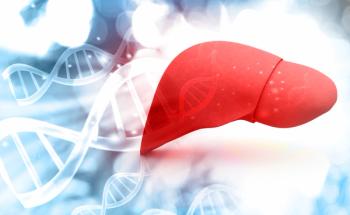
Updated findings from the CARES-310 trial support the resubmitted application for camrelizumab/rivoceranib in unresectable hepatocellular carcinoma.

Treatment with the tremelimumab-based combination also yielded no new serious treatment-related adverse effects in the HIMALAYA study.

Data from CCTG HE1 also show a numerical improvement an in overall survival with added radiotherapy over best supportive care alone.

The FDA has set a Prescription Drug User Fee Act date of April 21, 2025, for the potential approval of frontline nivolumab/ipilimumab in unresectable HCC.

Survival results from the phase 3 CheckMate –9DW trial support the application for the combination therapy in treating hepatocellular carcinoma.

Findings from a retrospective study showed that outpatient robotic hepatectomies resulted in no mortalities across 307 procedures.




